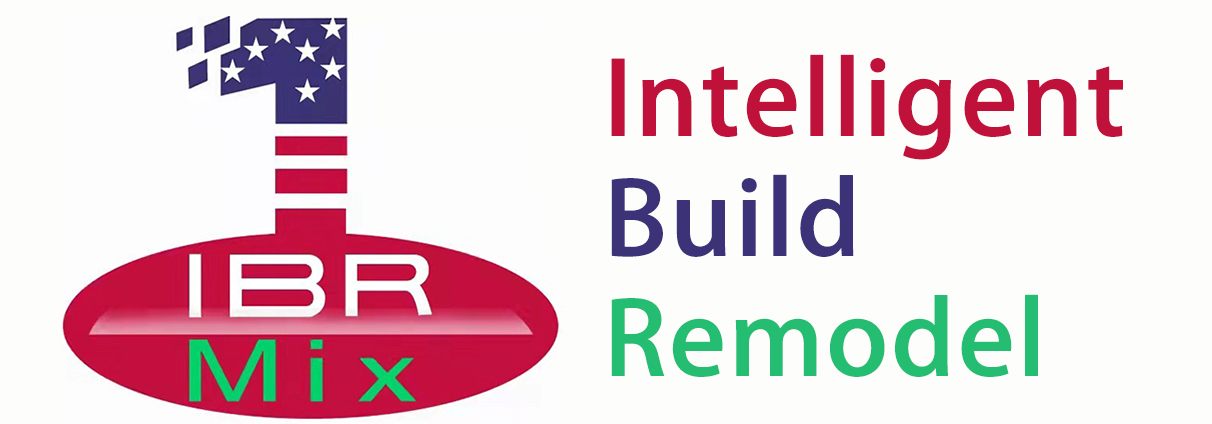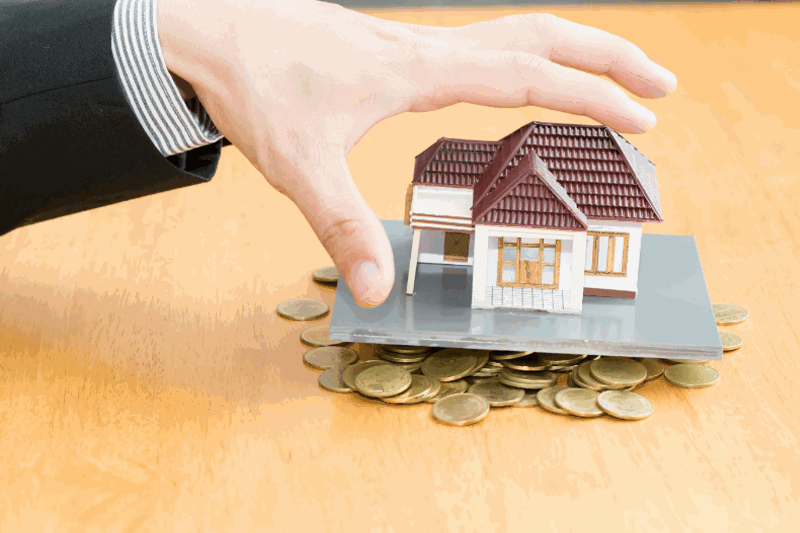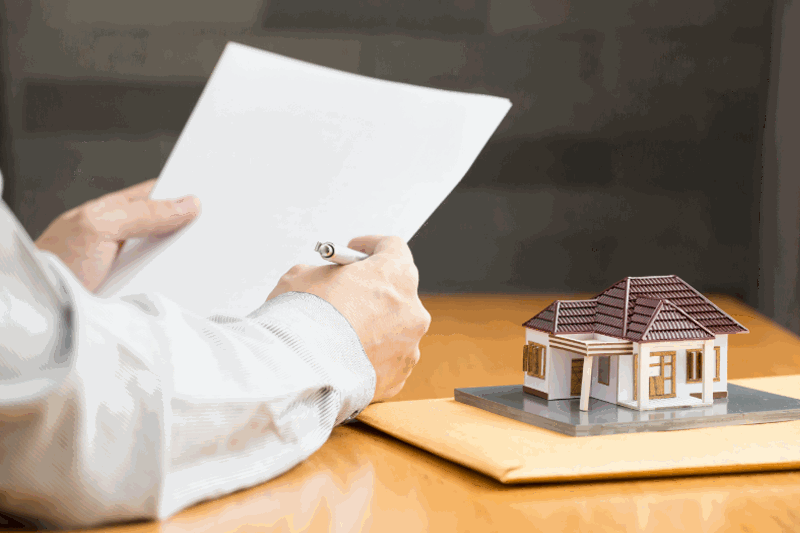Tired of looking at those avocado green kitchen appliances? The wood paneling and shag in your family room? The worn fiberglass tub enclosure in the guest bath? Home improvement is sweeping the country. Approximately half of the fixer-uppers are do-it-yourself, while the other half are contractor-driven.
So how do you decide when to move or stay around, when a home remodel is a good idea or not?
“The American Homeowner Foundation estimates the total cost of moving to be at least 10 percent of your home’s current value. In other words, if you can make things right with your home for less than 10 percent of what you could sell it for, it makes sense to stay put and fix it up.”
There are a couple of ways for you to start the transformation of your home. If you have enough equity built up for the total cost of the project, a traditional home equity loan might work for you. The benefits of home equity loans often include a better interest rate. You might even lower your mortgage payment while increasing the value of your home.
For the do-it-yourselfer working toward several small projects, a home equity line of credit allows flexibility. The lender basically sets up a line of credit based upon the equity in your home. The issues you checks or a credit card to draw from the account as you need the cash.
Simply make sure refinancing your home makes financial sense says Lori Vella a senior banking executive. “Improving your home is almost always a smart investment, especially in this rate environment. Just make sure you’ll be in the home long enough to recoup the cost of refinancing,” says Vella.
A home remodel is one of the best ways to improve the value of your home. Financially speaking, a home-equity loan could allow you to lower your mortgage payment, lower your interest rate, and when the remodel is said and done add thousands of dollars to your net worth.
Don’t forget to check with your local utility company if you want to improve the energy efficiency of your home. Most offer an energy-efficient mortgage program.
If purchasing a fixer-upper is what you looking to do. HUD has a 203(k) program designed to finance both the purchase of the home and the remodel costs in one easy mortgage. Most mortgage lenders offer access to the HUD 203(k) program.
Want to discuss more? Contact our remodeling consultant now.


